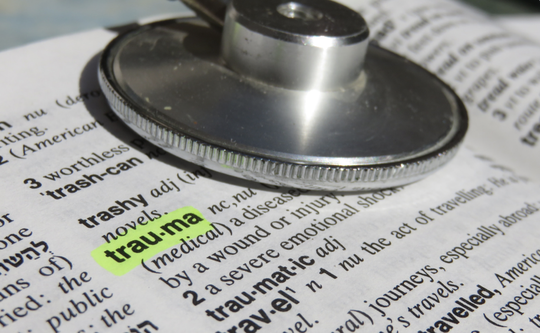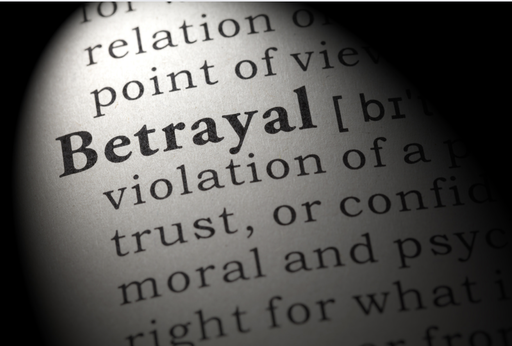|
After the crisis stage of discovering abuse and betrayal in your relationship, it's natural to feel injustice at what's been done to you. It's how you deal with your feelings that makes the difference between healing and moving forward, versus seething in resentment and, consequently, being stuck in the trauma.
As Auschwitz survivor Viktor Frankl said, "Suffering in and of itself is meaningless; we give our suffering meaning by the way in which we respond to it." How you respond directly corresponds to how you heal.
0 Comments
Part 2 in this series on healing from domestic abuse will cover the stage of "Injustice," Part 3 that of "Making sense of the situation." When you’ve been betrayed by an intimate partner the trauma can overwhelming, enveloping your entire sense of self. Confusion, anxiety, disbelief, shame, sorrow and anger swirl together to create a painful numbness that's nearly impossible to describe. That's because you're in grief. As shock settles in and takes root, a growing awareness of disorientation and confusion clouds the mind. Elisabeth Kübler-Ross, in her classic book On Death & Dying and its follow-up, On Grief and Grieving, identify the “five stages of grief” as:
But, believe it or not, these stages ultimately culminate in hope and healing.
|
AuthorJenny duBay, Trauma-Informed Christian life coach specializing in healing from betrayal trauma and domestic abuse. |




